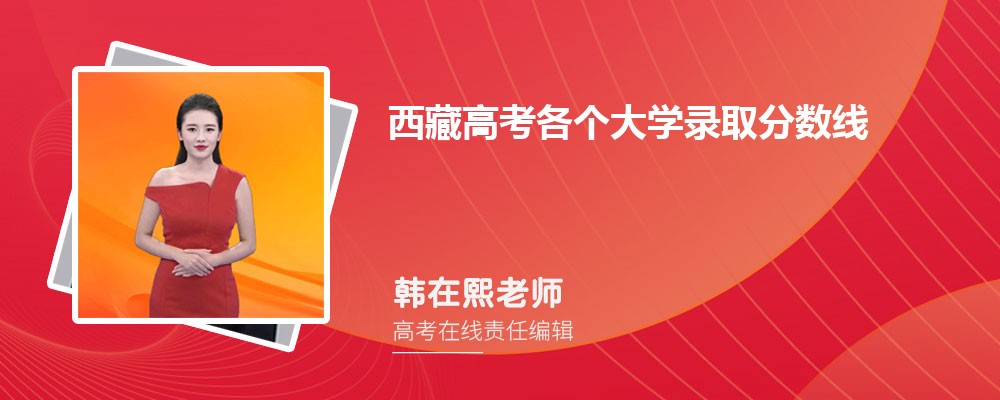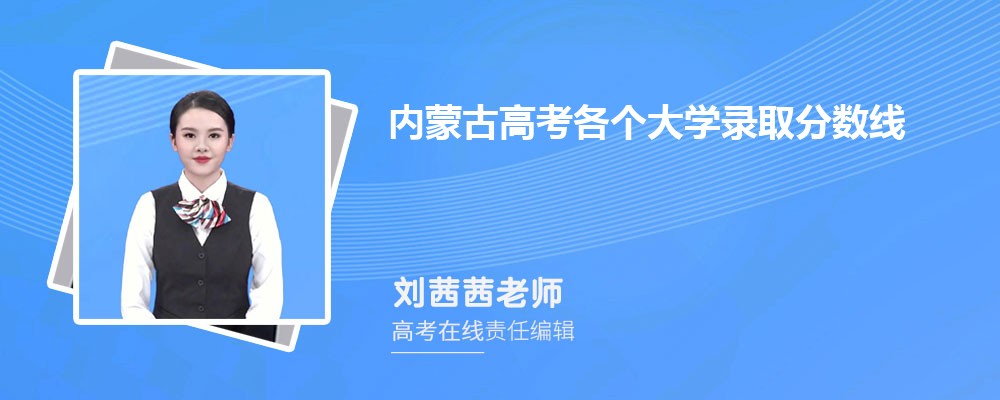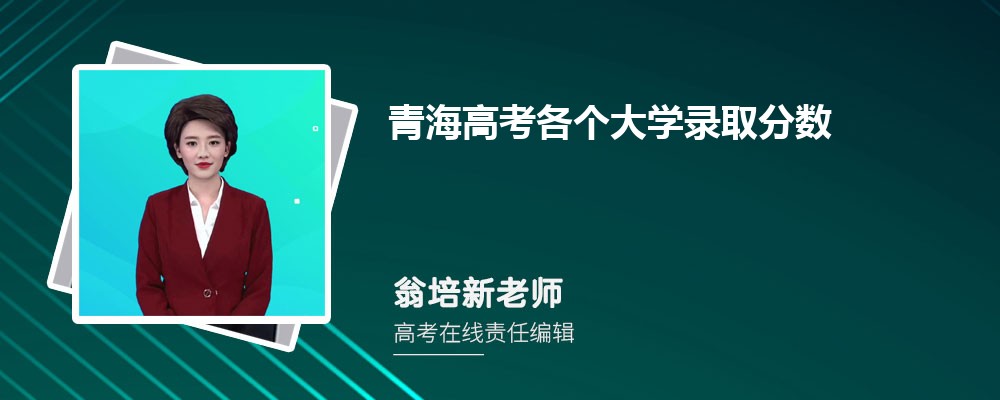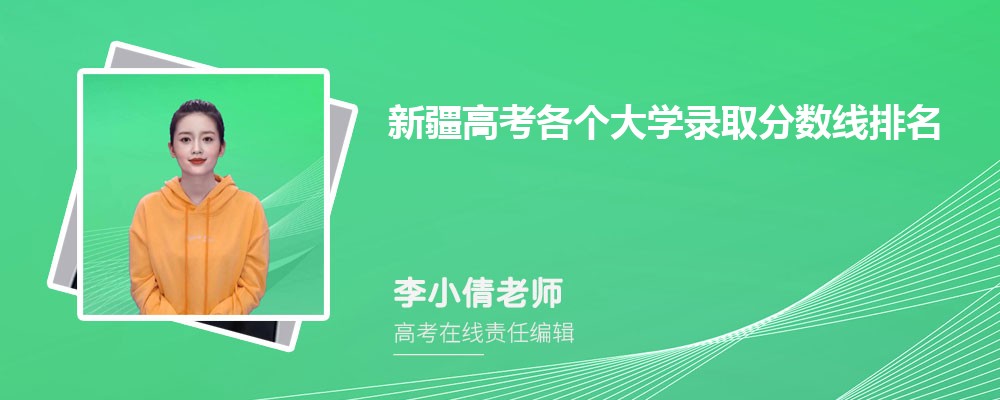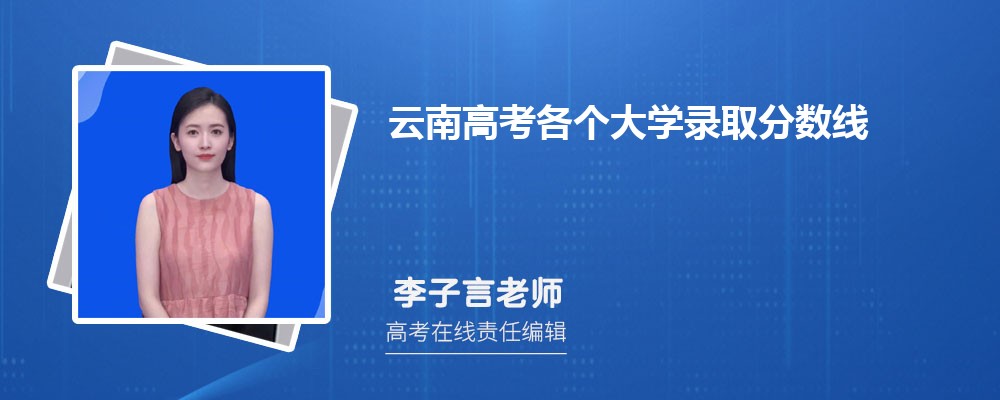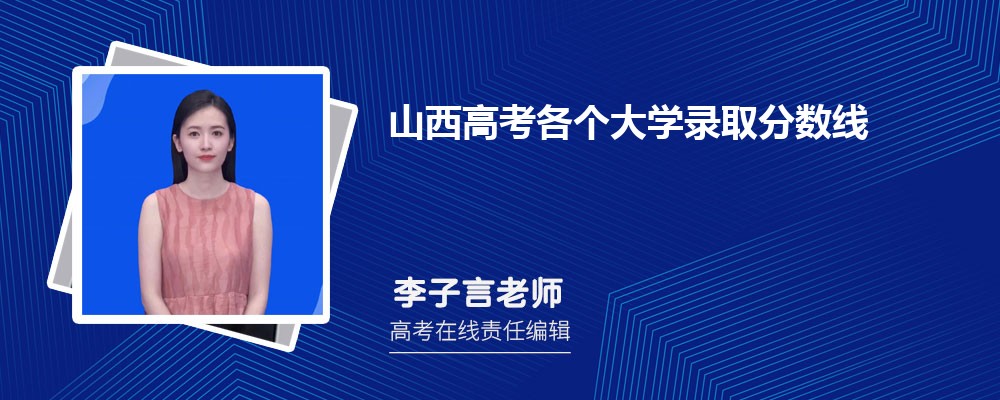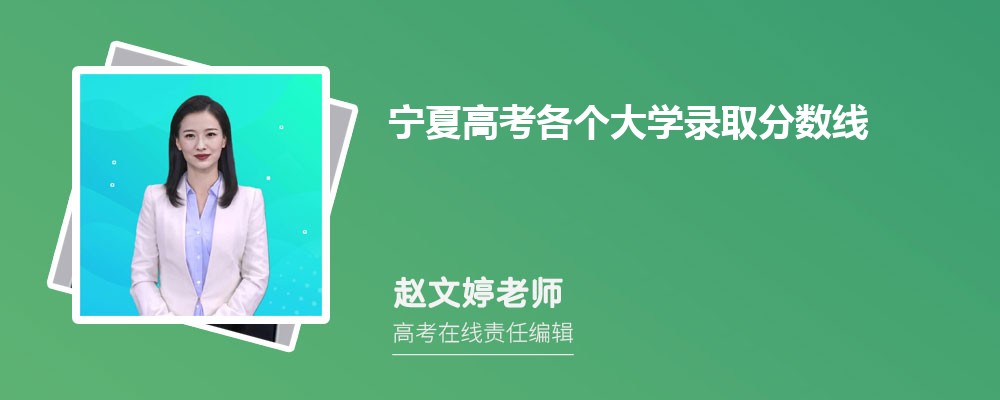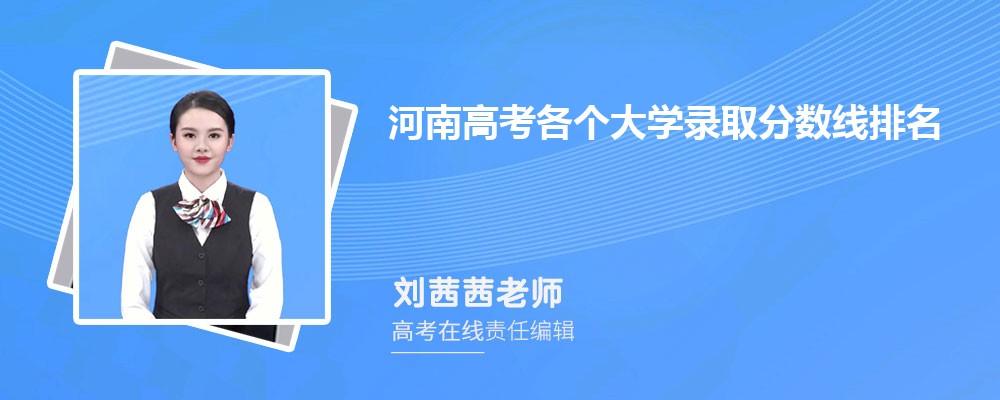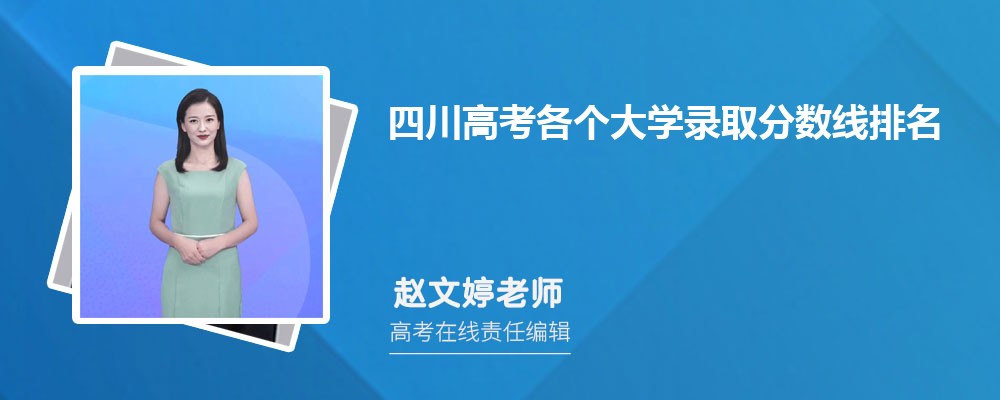-
相关文章
初中新学期教学计划(通用五篇)
2023-08-13 01:49:43班主任教学计划范文汇总七篇
2023-08-04 17:11:28小学一年级语文上册教学计划
2023-08-07 18:46:28语言兴趣班教学计划
2023-08-11 01:46:57地理老师年度教学工作计划
2023-08-03 20:24:34小学三年级英语上册教学计划范文
2023-08-17 06:41:37小学五年级计算机教学计划
2023-08-09 04:34:31初中新学期教学计划(通用五篇)
2023-08-13 01:49:43温馨芒种祝福语集锦51句
2023-08-04 01:13:37表达芒种快乐的祝福语摘录33条
2023-08-08 01:39:28宝宝满月祝福语男孩
2023-08-11 18:34:34
精选一年级的数学教学计划
一、情况分析
我班有学生44人,男生24人,女生20人。刚进入学校的孩子活泼好动 ,天真烂漫,大多数学生思维活跃,学习数学的兴趣较浓,有着良好的家庭教育和学习爱好。通过入学测试全部达到了入学要求。
虽然他们有着强烈的好奇心和求知欲。但是 ,他们不懂得怎样去学习 ,也不会学习;有些同学学习能力差,注意力容易分散,所以教师要有层次、有耐心得进行引导,教给学生们学习的方法,培养他们养成爱好学习的习惯,使每个学生都能够顺利地完成本学期的学习任务。
二、教材分析
本册教材是学生入学后的起始学习内容,充分考虑了一年级学生的年龄特征、生活经验和刚入学的特点,面向全体学生,并兼顾不同学生的学习需要。
数与代数领域。包括联系实际情境认识10以内的数,感受加法和减法的含义,学习10以内的加、减法,在此基础上,认识11~20各数,理解它们的实际意义,并学习20以内的进位加法。这部分内容是学生今后计算学习的重要基础。另外,还安排了两方面内容:一是认识钟面上的整时和接近整时的时刻,初步建立时间观念;二是把求和、求剩余的实际问题与计算学习相结合,使学生感受数学问题来源于现实生活,学习数学可以解决日常生活中常见的一些问题。10以内的加、减法及20以内的进位加法无疑是数与代数领域的重点教学内容。
空间与图形领域。一方面利用生活经验,认识长短、高矮,初步建立长度观念;另一方面,通过实物、模型辨认长方体、正方体、圆柱和球,初步感知这些几何体的基本特征,为今后学习几何图形奠定初步的基础,也有利于学生积累学习空间与图形的初步经验,培养初步的空间观念;再一方面,结合具体情境,初步认识上下、前后、左右等位置关系,培养初步的空间观念,为今后认识物体、图形,学会观察,学好数学及其他学科的知识,以及处理日常生活中的一些简单问题打好基础。
统计与概率领域。一方面,通过“分一分”初步学习把物体按某种标准分类;另一方面,结合具体的问题情境,学习收集和整理数据的简单方法,认识简单的象形统计图和简单的统计表,体会统计的价值,以便为学生进一步学习统计和概率领域的内容打好基础。
实践与综合应用领域。全册安排了两次实践活动:结合认识物体安排了《有趣的拼搭》,结合10以内数的认识和计算安排了《美丽的田园》。旨在结合上述三个领域内容的学习,让学生在活动中加深对有关教学内容的体验,联系现实情境发现问题、提出问题并应用所学知识加以解决,培养学生应用所学知识解决简单实际问题的能力。
三、教学重点、难点
本册教材的重点是10以内的加、减法及20以内的进位加法。其中20以内的进位加法尤其重要,因为这部分内容是学习多位数计算的基础,也是进一步学习其他各领域内容必备的基本技能之一,对学生今后的学习和发展有着十分重要的意义。20以内的进位加法同时也是教学的难点。
四、目的要求
1、知识与技能方面:
经历从实际情境中抽象出数的过程,认识20以内的数,并学会读写;初步理解20以内数的组成,认识符号<、=、>的含义,会用符号或语言描述20以内加减法的估算。结合具体的情境,初步了解加法和减法的含义;经历探索一位数加法和相应减法的口算方法的过程,能熟练地口算一位数加一位数和相应的减法;初步学会20以内加减法的估算。认识钟面及钟面上的整时和大约几时。结合具体的情境认识上、下、前、后、左、右,初步具有方位观念。通过具体物体认识长方体、正方体、圆柱和球,认识这些形体相应的图形,通过实践活动体会这些形体的一些特征,能正确识别这些形体。感受并会比较一些物体的长短、大小和轻重。认识象形统计图和简易统计表,通过实践初步学会简单的分类,经历和体验数据的收集和统计的过程,并完成相应的图表。根据统计的数据回答简单的问题,能和同伴交流自己的想法。
2、数学思想方面:
初步学会从数学思维的角度观察事物的方法,如数出物体的个数,比较事物的多少,比较简单的长短、大小、轻重等。在数的概念形成过程中发展思维能力,如在认识20以内数时通过比较、排列发现这些数之间的联系,在学习“分与合”时发展学生的有序思考和分析、推理能力,在“认钟表”时进行比较、综合和判断等。能用“分”与“合”的思想进行初步的数学思考,能联系具体情境探索一位数加、减法,并经历与同伴交流各自算法的过程,正确地、有条理地说明自己的算法;对估计的过程能作出自己的解释。在探索简单物体和图形的形状、大小和物体之间位置关系的过程式中,发展空间观念。感受简单的收集、整理数据的过程,具有对简单事物和简单信息进行比较分类的意识,具有简单的统计思想。
3、解决问题方面:
在教师的指导下,从日常生活和现实情境中发现并提出简单的数学问题,并能应用已有的知识、经验和方法解决问题;能对简单的几何体进行简单的分类,能联系情境描述一些物体的相对位置;能在教师的组织下收集有效信息并进行分类、整理,用简单的统计方法表示问题解决的结果等。体验与同桌合作解决问题的过程,能和同伴交流自己的想法。
4、情感与态度方面:
在学习数学的过程中,初步感受数学与日常生活的密切联系,对身边与数学有关的某些事物产生好奇心,有学习数学的热情,有主动参与数学活动的积极性。能在教师和同学的鼓励、帮助下,克服在数学活动中遇到的某些困难,获得成功的感受,逐步树立学好数学的自信心。
五、教学措施
〔一〕、培养学生数学学习的兴趣和良好习惯
数学学习的兴趣对于数学学习非常重要。因此注意激发学生的'学习兴趣,利用教材所提供的素材,组织学生开展多种多样的学习活动。教学时,首先关注学生参与学习活动的热情,学生回答得对与错或语言是否完整,老师延缓评价,要多鼓励学生积极参与。注意倾听学生的发言,特别注意的是不宜用统一的、程式化的语言来训练学生,允许学生用自己的语言表达想法。让每个学生首先喜欢上课、喜欢教师,进而喜欢学数学。
学生良好学习习惯的养成,不能简单地理解为只是要求学生上课坐好、举手发言等外在的形式,更重要的是要逐步引导学生学会独立思考、敢于提问、认真倾听他人的意见、乐于表达自己的想法等内在品质。
〔二〕、让学生在生动具体的情境中学习数学
教学中,充分利用学生的生活经验,设计生动有趣、直观形象的数学活动,如运用讲故事、做游戏、直观演示、模拟表演等,激发学生的学习兴趣,让学生在生动具体的情境中理解和认识数学知识,鼓励每一位学生动手、动口、动脑,参与数学的学习过程。例如,在实践活动“小小运动会”的教学中,老师可以将教材中的内容设计成一个童话故事,在讲故事的进程中自然引入需要讨论的问题;也可以引导学生自己扮演不同的角色,进行模拟表演;还可以结合学校的运动会,鼓励学生从中发现数学问题,并尝试解答。
〔三〕、引导学生自己思考,并与同伴进行合作交流
独立思考、合作交流是学生学习数学的重要方式。教学中,老师要鼓励学生在具体活动中进行思考,鼓励学生发表自己的意见,并与同伴进行交流。在思考与交流的过程中,老师应提供适当的帮助和指导,善于选择学生中有价值的问题或意见,引导学生开展讨论,以寻找问题的答案。老师可以有意识地培养学生与人交流的愿望和习惯,使学生逐步学会运用适当的方式描述自己的想法,学会注意倾听他人的意见。
〔四〕、培养学生初步的提出问题和解决问题的能力
教材特别注重培养学生提出问题的意识和能力,设立了“问题银行”等栏目,鼓励学生提出问题,即使有的问题当时不能解决,可以放在“问题银行”以后解决。教学中,教师应该充分利用学生已有的知识经验,随时引导学生把所学的数学知识应用到生活中去,解决身边的数学问题,并尝试从日常生活中发现数学问题,了解数学在现实生活中的作用,体会学习数学的重要性。
〔五〕、创造性地使用教材
教材只是提供了学生数学活动的基本线索。教学中,教师要根据本班同学的特点和实际情况,创造性地使用教材,设计教学过程 。教师还应适时记录下自己的教学设计和教学反思,以不断改进自己的教学观念与教学方法。
六、课程进度表
周次 时间 教学内容 备注
1 8.26~8.31 老师备课
2 9.1~9.5 1、可爱的校园;2、快乐的家园
3 9.6~9.12 3、玩具;4、小猫钓鱼
4 9.13~9.19 5、文具;6、动物乐园7、高矮
5 9.20~9.26 8、轻重;9、有几枝铅笔
6 9.27~10.3 10、有几辆车;11、摘果子
7 10.4~10.10 国庆放假
8 10.11~10.17 12、小猫吃鱼;练习一;
13、猜数游戏
9 10.18~10.24 14、跳绳;15、可爱的企鹅;
10 10.25~10.31 练习二;16、分苹果;
11 11.1~10.7 17、操场上;18、乘车;练习三
12 11.8~10.14 19、整理房间;20、整理书包
13 11.15~10.21 21、前后;22、上下;23、左右
14 11.22~10.28 24、教室;25物体分类
15 11.29~12.5 26、你说我摆;27、捆小棒
16 12.6~12.12 28搭积木;29、有几瓶牛奶
30、有几棵树
17 12.13~12.19 练习四;31、买铅笔;
32、跳伞表演
18 12.20~12.26 练习五;33、美丽的田园;
练习六
19 12.27~1.2 34、小明的一天
35、小芳的上午
20 1.3~1.9 36、最喜欢的水果;37、迎新年
21 1.10~1.16 总复习
22 1.17~1.23 总复习
23 1.24~1.30 期末考试
24 1.30~2.5 发放通知书
一、学生基本情况分析
学生经过上一学期的数学学习后,其基本知识、技能方面基本上已经达到学习的目标,对学习数学有着一定的兴趣,乐于参加学习活动中去。特别是一些动手操作、需要合作完成的学习内容都比较感兴趣。
通过这段时间的学习,我发现学生们自觉性较差,上课有小部分同学不注意听讲,口算时比较马虎,课下不能及时完成作业,但是学生的学习积极性很高,小部分学生成绩较差,有待于在今后的教学中,统一规范课堂常规,及时补差,使整个教学能够顺利进行等。因此,在本学期的教学中还有待于进一步提高。
二、教学目标
这一册教材的教学目标是,使学生:
1.认识计数单位“一”和“十”,初步理解个位、十位上的数表示的意义,能够熟练地数100以内的数,会读写100以内的数,掌握100以内的数是由几个十和几个一组成的,掌握100以内数的顺序,会比较100以内数的大小。会用100以内的数表示日常生活中的事物,并会进行简单的估计和交流。
2.能够比较熟练地计算20以内的退位减法,会计算100以内两位数加、减一位数和整数,经历与他人交流各自算法的过程,会用加、减法计算知识解决一些简单的实际问题。
3.经历从生活中发现并提出问题、解决问题的过程,体验数学与日常生活的密切联系,感受数学在日常生活中的作用。
4.会用上、下、前、后、左、右描述物体的相对位置;能用自己的语言描述长方形、正方形边的特征,初步感知所学的图形之间的关系。
5.认识人民币单位元、角、分,知道1元=10角,1角=10分;知道爱护人民币。
6.会读、写几时几分,知道1时=60分,知道珍惜时间。
7.会探索给定图形或数的排列中的简单规律,初步形成发现和欣赏数学美的意识。
8.初步体验数据的收集、整理、描述、分析的过程,会用简单的方法收集、整理数据,初步认识条形统计图和统计表,能根据统计图表中的数据提出并回答简单的问题。
9.体会学习数学的乐趣,提高学习数学的兴趣,建立学好数学的信心。
10.养成认真作业、书写整洁的良好习惯。
11.通过实践活动体验数学与日常生活的密切联系。
三、教材分析
这册教材包括下面一些内容:位置,20以内的退位减法,图形的拼组,100以内数的认识,认识人民币,100以内的加法和减法(一),认识时间,找规律,统计,数学实践活动。
这册教材的重点教学内容是:100以内数的认识,20以内的退位减法和100以内的加减法口算。在学生掌握了20以内各数的基础上,这册教材把认数的范围扩大到100,使学生初步理解数位的概念,学会100以内数的读法和写法,弄清100以内数的组成和大小,会用这些数来表达和交流,形成初步的数感。
100以内的加、减法,分为口算和笔算两部分。这册教材出现的是口算部分,即两位数加、减一位数和整十数口算。这些口算在日常生活中有广泛的应用,又是进一步学习计算的基础,因此,应该让学生结合计算教学,应用所学计算知识解决问题的内容,让学生了解所学知识的实际应用,学习解决现实生活中相关的计算问题,培养学生用数学解决问题的能力。
在学生初步认识了常见几何图形的基础上,本册教材安排了关于位置与拼组图形的教学内容,设计了丰富多样的探索性操作活动,让学生体验空间方位和所学图形之间的关系,发展学生的空间观念。在量的计量方面,本册教材除了安排人民币单位元、角、分的认识外,还安排了学习具体时刻几时几分的读、写方法。
“找规律”和“统计”是两部分新的教学内容。“找规律”引导学生探索一些图形或数字的简单排列规律,初步培养学生探索数学问题的兴趣和发现、欣赏数学美的意识。统计是正式教学统计初步知识的开始,让学生学习收集和整理数据的简单方法,认识最简单的统计图表,经历用统计方法解决问题的过程。
教材根据学生所学习的数学知识和生活经验,安排了两个数学实践活动,让学生通过小组合作的探究活动或有现实背景的活动,运用所学知识解决问题,体会探索的乐趣和数学的实际应用,感受用数学的愉悦,培养学生的数学意识和实践能力。
四、教学措施
1、在教学中不仅要考虑数学自身的特点,而且也要遵循学生学习数学的心理规律,关注每一个学生在情感态度、思维能力等方面的进步和发展。
2、重视基本口算和笔算的训练,培养和逐步提高学生的计算能力。
3、 重视分析应用题的数量关系,培养学生解答应用题的能力。
4、结合教学内容,重视培养学生的数学能力。
5、注意教学的开放性,重视培养学生的创新能力。
6、结合教学内容,对学生进行思想品德教育。
I. basic analysis of students
Students after a semester of learning mathematics, basically have the basic knowledge and skills to achieve the goal of learning, mathematics has some interest in learning, willing to take part in learning activities. In particular, some hands-on and collaborative learning content are more interesting.
Through the study of this period of time, I found the students consciousness is poorer, the class has a small number of students do not pay attention to listening, oral is careless, when after class can't finish the homework in time, but the students' learning enthusiasm is very high, a small number of student performance is poorer, to be in the future teaching, standardized classroom routine, senders in time, make the whole teaching can go smoothly. Therefore, the teaching of this semester has yet to be further improved.
Ii. Teaching objectives
The teaching objective of this textbook is to make students:
1. Know the counting unit "a" and "ten", a preliminary understanding of number of bits, 10 said significance, able to skillfully number less than 100, can read and write 100 number, within the grasp within 100 number is made up of several ten and several, master 100 less than the number of order, will be the number of less than 100 size. The number of things in daily life will be expressed in 100, and simple estimation and communication will be carried out.
2. Able to skillfully within 20 abdication subtraction calculation, will also have a double-digit addition and subtraction within 100 single digits and integer, experiencing the process of interacting with others their algorithm with addition, subtraction calculation knowledge to solve some simple practical problems.
3. Experience the close relationship between mathematics and daily life and experience the role of mathematics in daily life through the process of discovering and asking questions and solving problems from life.
4. Describe the relative position of the object using, below, front, back, left and right; Use your own language to describe the characteristics of the rectangle and the sides of the square.
5. Know RMB unit, Angle and score, know that 1 yuan =10 jiao, 1 jiao =10 points; Know to love RMB.
6. You will read and write a few minutes, knowing that 1 is equal to 60, and know to cherish the time.
7. It will explore the simple laws of the arrangement of a given figure or number, and preliminarily form the consciousness of discovering and appreciating mathematical beauty.
8. A preliminary experience data collecting, sorting, description, analysis process, can collect, sort out the data in a simple way, preliminary understanding a bar chart and statistical tables, can according to the statistical data on the chart and answer simple questions.
9. Learn the fun of mathematics, improve the interest in mathematics, and build confidence to learn mathematics well.
Develop a good habit of working hard and writing clean.
11. To experience the close relationship between mathematics and daily life through practical activities.
3. Textbook analysis
This some contents of textbooks including the following: location, within 20 abdication subtraction, graphical spell group, the number of less than 100, know the yuan, addition and subtraction within 100 (a), know the time, find law, statistics, mathematics practice.
The main teaching contents of this textbook are: within 100, within 20 years of the subtraction subtraction and the addition and subtraction of 100. Within the students master the 20, on the basis of the number, the number of the of textbooks to recognize expanded to 100, make the students understand the concept of digital institute 100 less than the number of reading and writing, composition and size, find out the number of less than 100 will use these Numbers to express and communicate, form the preliminary number sense.
The addition and subtraction of 100 are divided into two parts: oral and written. The textbook appears in the mouth section, which is the double digit plus, minus one digit and the whole number of counts. These oral has widely used in our daily life, it is calculated on the basis of further study, therefore, should let the students to combine teaching, applied computing knowledge to solve the problem of content, let students understand the knowledge in practical application, learning to solve related computational problems in real life, cultivate students' ability of using mathematical problem solving.
The students know the common geometric shapes, on the basis of this teaching material arrangement about the position and the puzzle of graphics teaching content, design the rich variety of exploratory operation activities, let students experience the spatial orientation and learning pattern, the relationship between the development of the students' space concept. In terms of measurement of quantity, in addition to the understanding of yuan, jiao, and points, the textbook also arranges how to read and write in a few minutes.
"Finding the rules" and "statistics" are two parts of the new teaching content. "Find the rules" to guide students to explore the simple arrangement law of some figures or figures, and preliminarily train students to explore the interest and discovery of mathematical problems and appreciate the consciousness of mathematical beauty. Statistics is the beginning of the formal teaching statistics preliminary knowledge, let the student to study the methods of collecting and sorting data, know the simplest statistical charts, through the process of using statistical methods to solve the problem.
Teaching according to students study of mathematics knowledge and life experience, was scheduled for two mathematical practice, let the student through group cooperation study of activities or have a real background, use knowledge to solve the problem, experience the fun of exploring and practical application of mathematics, feel with mathematics, to cultivate the students' mathematics consciousness and practice ability.
Iv. Teaching measures
1, in the teaching should not only consider the characteristics of mathematics itself, but also to follow the rules of students learning mathematics psychological, pay attention to each student in the emotion attitude, the progress and development of thinking ability, etc.
2. Pay attention to the training of basic oral arithmetic and written calculation, and develop and gradually improve students' computing ability.
3. Attention should be given to the quantitative relationship between the application questions and the ability of students to solve the problem.
4. Combining the teaching content and emphasizing the cultivation of students' mathematical ability.
5. Pay attention to the openness of teaching and emphasize the cultivation of students' innovative ability.
6. Combine the teaching contents, and carry out the ideological and moral qualities of the students.


